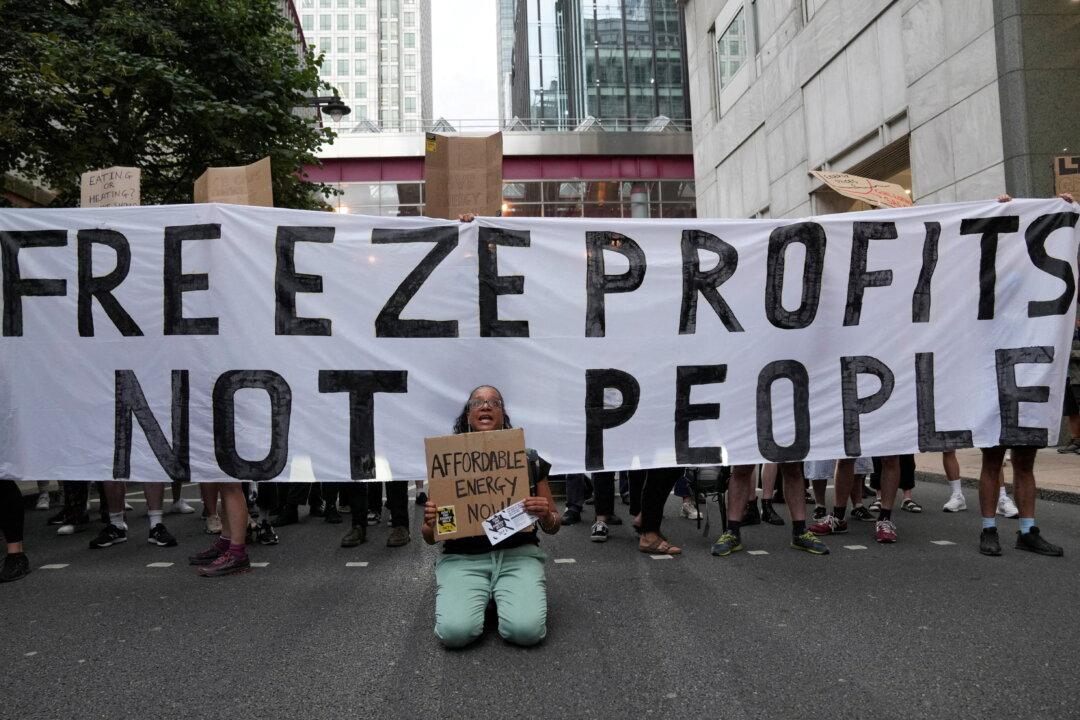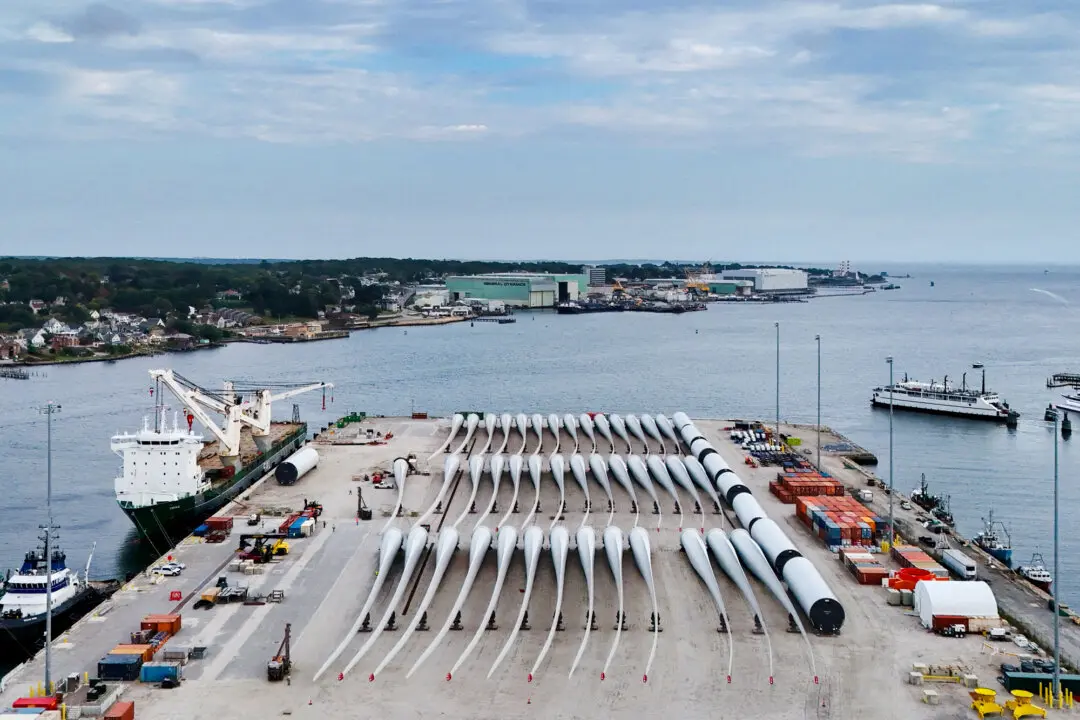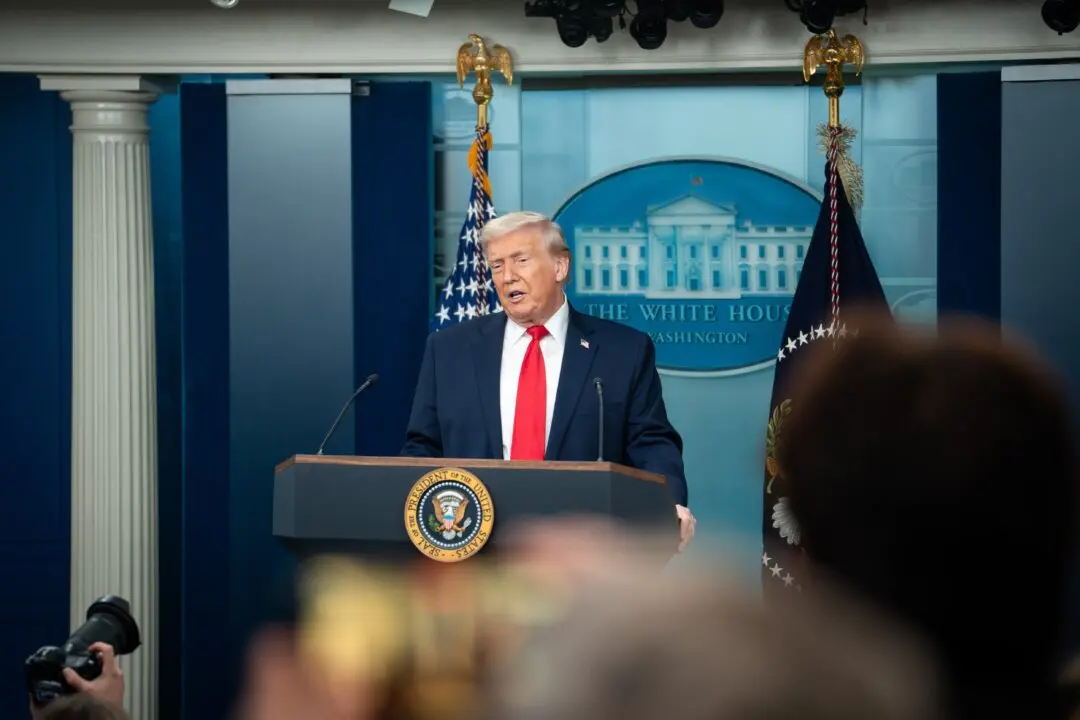As the Biden administration presses ahead with its “whole of government” plan to transition America’s economy away from oil, gas, and coal, European governments, which are farther down the path, are starting to backpedal.
French President Emmanuel Macron, for example, on Sept. 25 backed away from imposing a decree to ban gas boilers, stating that while he will continue to push France toward its net-zero goals, “we cannot leave our compatriots, particularly in the most rural areas, without a solution.”





